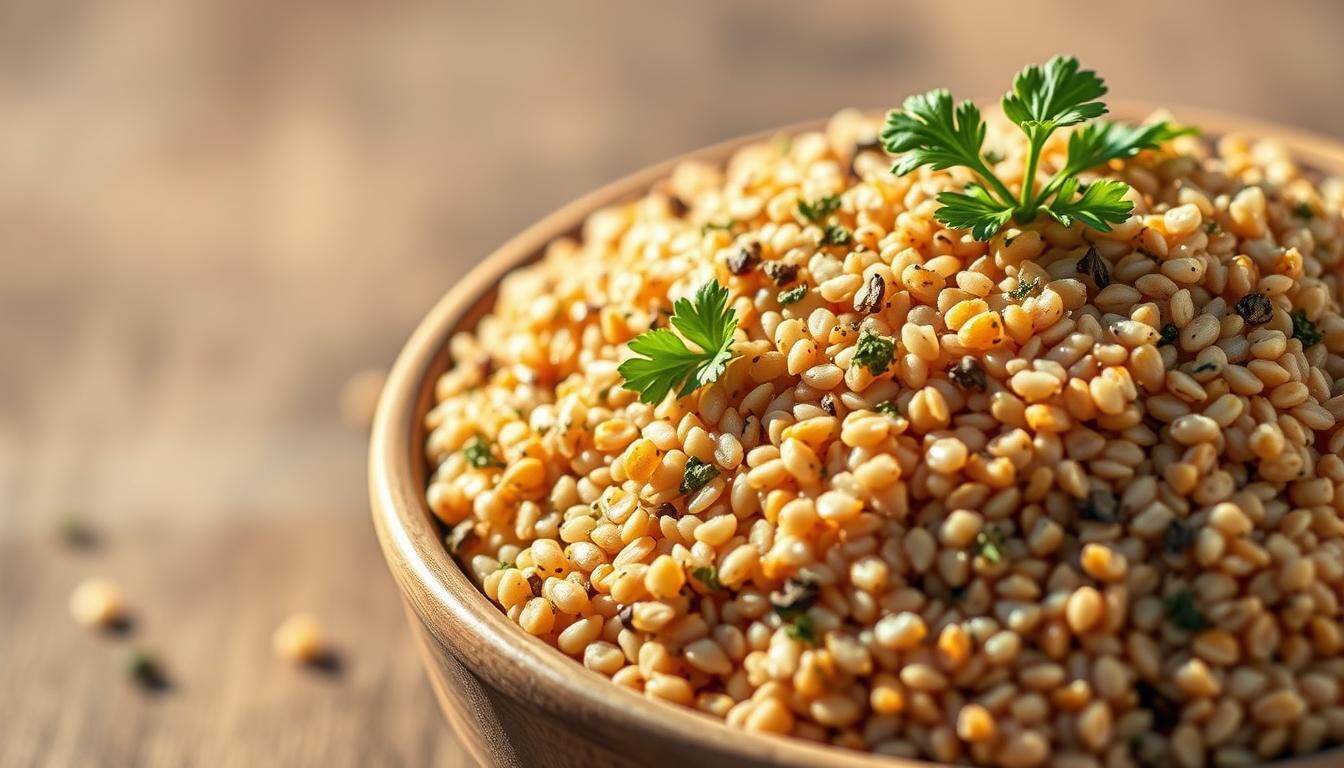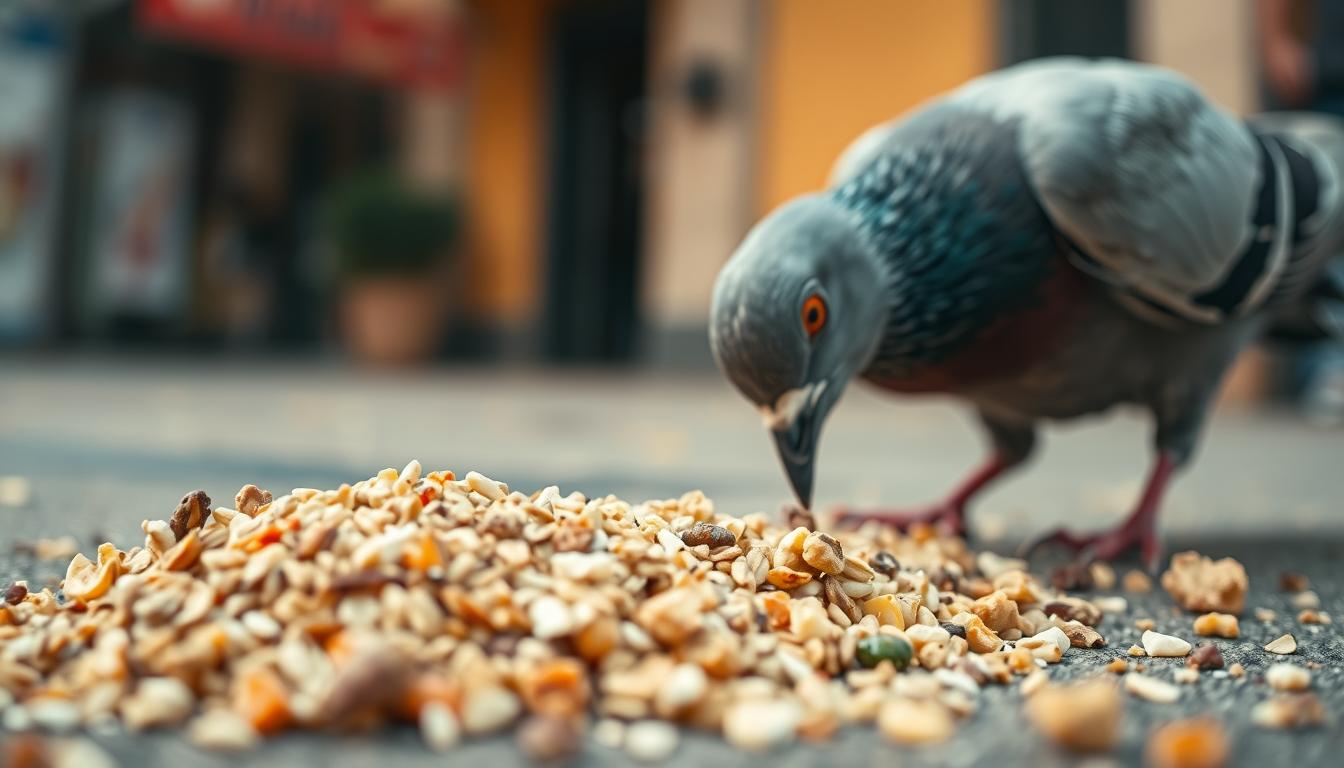Are pretzels OK for dogs? It’s a question many pet owners might ask while enjoying this crunchy snack. While pretzels may seem harmless, they can actually pose serious health risks to your furry friend. Before sharing a bite, it’s important to understand why these popular treats might not be the best choice for your dog.
Pretzels are often loaded with salt, artificial additives, and seasonings that could be harmful to dogs. Ingredients like excessive sodium, garlic powder, or even xylitol in flavored varieties can turn a simple snack into a potential health hazard. Being aware of these dangers is essential for responsible pet ownership.
From plain pretzels to those coated in chocolate or extra flavorings, the risks vary but remain significant. So, are pretzels OK for dogs? In this article, we’ll explore the risks, expert insights, and safer alternatives to ensure your pup stays happy and healthy. Let’s get started!
Table of Contents
Key Takeaways
- Pretzels can be risky for dogs due to high sodium and harmful ingredients like xylitol.
- Seasonings and toppings on pretzels can pose additional health threats to dogs.
- Sharing human snacks like pretzels with dogs requires careful consideration of their ingredients.
- Consulting a vet is essential before introducing new foods to your dog’s diet.
- There are safer snack options available for dogs that can satisfy their cravings without the risks.
Understanding the Risks of Pretzels for Dogs
When it comes to your dog’s diet, even seemingly harmless snacks like pretzels can hide serious health risks. Understanding these dangers is crucial for keeping your furry friend safe and healthy.
Salt and Sodium Overload
Pretzels are notoriously high in salt, which can be dangerous for dogs. A dog’s daily salt intake should not exceed 0.25 grams, and pretzels often far surpass this limit. Excessive sodium can lead to dehydration and other health issues, including potential organ damage. Symptoms like excessive thirst and urination may signal a sodium overload, which can strain your dog’s kidneys over time.
Veterinarians warn that even small amounts of high-sodium snacks can disrupt your dog’s electrolyte balance, especially in smaller breeds. It’s essential to monitor your dog’s snack intake closely to avoid these risks.
Hidden Toxins in Flavored Pretzels
Flavored pretzels often contain ingredients that are toxic to dogs. Xylitol, a common sweetener, can cause hypoglycemia within minutes, leading to life-threatening conditions if not treated promptly. Seasonings like garlic and onion powder are also dangerous, as they can damage your dog’s red blood cells and lead to anemia.
Always read labels carefully to avoid these harmful additives. Even a small amount of toxic ingredients can have serious consequences for your dog’s health.
Being mindful of what you share with your dog is key to their well-being. Stay informed and cautious to ensure every snack you offer is safe and healthy for your furry companion.
Are Pretzels OK for Dogs? Breaking Down the Ingredients
When considering treats for your dog, it’s important to examine the ingredients carefully. Pretzels, while seemingly harmless, contain elements that can pose risks to your dog’s health. Let’s explore the key components and their implications.
Xylitol and Other Toxic Additives
Xylitol, a sugar substitute found in many flavored pretzels, is highly toxic to dogs. Even in small amounts, it can cause severe hypoglycemia and potentially lead to liver failure. Pretzels with chocolate or yogurt coatings are particularly dangerous due to their xylitol content.
Additionally, seasonings like garlic and onion powder, common in flavored pretzels, can damage your dog’s red blood cells. These ingredients, even in small quantities, can lead to anemia and other serious health issues.
Carbohydrates and Nutritional Concerns
Pretzels are primarily composed of carbohydrates, offering little nutritional value for dogs. High carb intake can lead to rapid glucose spikes, contributing to weight gain and related health problems such as diabetes and joint issues.
While plain pretzels aren’t toxic, their high sodium content and lack of essential nutrients make them an unhealthy choice. Regularly feeding pretzels can result in dietary imbalances, emphasizing the need for nutrient-rich, dog-specific snacks.
Understanding these risks is crucial for maintaining your dog’s well-being. Always consult your veterinarian before introducing new foods to ensure your dog’s diet remains safe and balanced.
How Pretzels Impact Your Dog’s Health
While pretzels might seem like a harmless snack, they can pose serious health risks to your furry friend. The high sodium content and potential presence of toxic ingredients make them a treat you should approach with caution.
Potential Health Issues Explained
Pretzels are high in salt, which can lead to dehydration and kidney strain in dogs. Even small amounts can disrupt their electrolyte balance, especially in smaller breeds. Excessive sodium intake can cause symptoms like excessive thirst and urination, signaling a sodium overload that can strain your dog’s kidneys over time.

Flavored pretzels often contain ingredients toxic to dogs, such as xylitol, garlic, and onion powder. These can cause hypoglycemia, damage red blood cells, and lead to anemia. Always read labels carefully to avoid these harmful additives.
Warning Signs and Symptoms to Watch For
- Lethargy
- Vomiting
- Diarrhea
- Unusual thirst
- Changes in behavior
If you notice these symptoms, act quickly. High sodium and toxic additives can stress your dog’s cardiovascular and renal systems, leading to serious complications. Even small, regular pretzel treats can cause long-term issues like obesity and nutritional imbalances.
“Monitor your dog closely for signs of distress after consuming any human food, and consult your vet immediately if you suspect toxicity.”
Remember, your dog’s health depends on the choices you make. Keep pretzels and other high-sodium, processed snacks out of reach to ensure your pet’s safety and well-being.
Expert Advice and Safe Snack Alternatives
When it comes to sharing snacks with your dog, it’s important to make informed choices. Veterinarians emphasize that while pretzels may seem harmless, they can pose risks due to high sodium and potential toxic ingredients like xylitol. This section provides expert recommendations and safer alternatives to keep your dog healthy.
Veterinarian Recommendations
Vets advise monitoring your dog closely if they consume a pretzel. Look for signs like vomiting or lethargy, which could indicate distress. They recommend avoiding flavored pretzels altogether due to harmful additives.
- Avoid pretzels with xylitol or seasonings like garlic.
- Opt for plain, unsalted pretzels in moderation if necessary.
Better Treat Options for Your Dog
Choose snacks specifically designed for dogs to ensure safety. Carrots, green beans, and apple slices are excellent alternatives. These options provide essential nutrients without the risks associated with human snacks.

Consider homemade treats like peanut butter-filled toys or sweet potato chews for a healthy, engaging snack.
Tips to Avoid Harmful Ingredients
Always read labels carefully to avoid xylitol and other toxins. If your dog accidentally eats a pretzel, monitor them closely and consult your vet if you notice any unusual symptoms.
“Pretzels, especially flavored ones, can be dangerous. Always prioritize your dog’s health by choosing safe, vet-approved snacks.” – Dr. Sarah Johnson, Veterinarian
By making informed snack choices, you can protect your dog from potential health risks and ensure their well-being.
Conclusion
Sharing snacks with your dog can seem harmless, but it’s crucial to think carefully about what you offer. Pretzels, in particular, can pose hidden dangers due to their high salt content and potential toxic additives like xylitol. These ingredients can lead to serious health issues, including dehydration, organ damage, and even hypoglycemia.
While an occasional plain pretzel might not be disastrous, regular consumption can harm your dog’s well-being. Always opt for safe, veterinarian-approved treats like carrots or green beans instead. If your dog accidentally eats a pretzel, monitor them closely for symptoms like lethargy or vomiting and seek veterinary advice if needed.
Remember, your dog’s health depends on the choices you make. Keep pretzels and other high-sodium snacks out of reach, and always check ingredient labels before sharing any human food. By making informed decisions, you can protect your pet from potential risks and ensure a healthier, happier life.
Share these tips with fellow pet owners to help them make safer snack choices for their furry friends too!
FAQ
Can dogs safely eat pretzels?
While pretzels are not toxic to dogs, they can pose health risks. High salt content and potential additives like onion or garlic make them unsafe in large amounts. Always check the ingredients before sharing.
What are the risks of giving pretzels to dogs?
The main risks include salt overload, which can lead to dehydration and electrolyte imbalances. Flavored pretzels may contain harmful ingredients like onion, garlic, or xylitol, which are toxic to dogs.
How much pretzel is safe for my dog?
Moderation is key. Small, plain pretels in limited amounts are unlikely to harm most dogs. However, consult your vet before sharing any human snacks to ensure your dog’s safety.
What ingredients in pretzels are harmful to dogs?
Salt, onion, garlic, and certain sweeteners like xylitol are harmful. These ingredients can cause symptoms ranging from mild discomfort to serious health issues.
What symptoms should I watch for if my dog eats pretzels?
Monitor for signs like vomiting, diarrhea, excessive thirst, or lethargy. If your dog ingests toxic additives, seek veterinary help immediately.
Can pretzels cause long-term health issues in dogs?
Regularly feeding pretzels can lead to weight gain and sodium-related health problems. Over time, this may contribute to conditions like high blood pressure or kidney strain.
What snacks are safer than pretzels for my dog?
Consider dog-specific treats or healthy options like carrot sticks, green beans, or apple slices. Always avoid snacks with added salt, sugar, or toxic ingredients.
Should I consult my vet before giving pretzels to my dog?
Yes, your vet can provide personalized advice based on your dog’s size, breed, and health conditions. They can help you make safe choices for treats.
How can I prevent my dog from eating harmful snacks?
Keep human snacks out of reach and train your dog to “leave it.” Choose pet-safe alternatives to satisfy their cravings without risking their health.
Source Links
- A request from your chronically ill friend: what I need when we talk about my sickness. – https://www.upworthy.com/a-request-from-your-chronically-ill-friend-what-i-need-when-we-talk-about-my-sickness
- The 18 Must-Have Aldi Super Bowl Snacks – https://www.aol.com/18-must-aldi-super-bowl-231500748.html
- NPR’s Top Books of 2024 – https://griver.org/new-best-fun/nprs-top-books-of-2024
- Can Dogs Eat Pretzels? Risks & Safety Tips Explained – https://www.tryoriginlabs.com/blogs/pet/can-dogs-eat-pretzels?srsltid=AfmBOoqLY55jv511320vflXK8FF1KP_a6TubEjPeha05UyhlEZAoblyn
- Salt Poisoning in Dogs and Cats – Savvy Pet Care – https://savvypetcare.com/salt-poisoning-in-dogs-and-cats/
- Can Dogs Eat Pretzels? Risks & Safety Tips Explained – https://www.tryoriginlabs.com/blogs/pet/can-dogs-eat-pretzels?srsltid=AfmBOoo14wTQ8NzIrzKtopiBaM_VkBbESPqzNu6Y5LOauj9QaKMzZT1J
- Can Dogs Eat A Pretzel? – CDEP – https://candogseatpizza.com/can-dogs-eat-a-pretzel/
- Can Dogs Eat Pretzels? Vet-Verified Nutritional Facts & Safety Guide | Hepper – https://www.hepper.com/can-dogs-eat-pretzels/
- Are Pretzels Safe to Feed Your Dog? What Vets Say – https://www.greenmatters.com/pets/can-dogs-eat-pretzels
- Can Dogs Eat Pretzels? Human Food for Dogs – https://www.kinship.com/dog-nutrition/can-dogs-eat-pretzels
- Can Dogs Eat Pretzels? Risks & Safety Tips Explained – https://www.tryoriginlabs.com/blogs/pet/can-dogs-eat-pretzels?srsltid=AfmBOop0o1HhOCvOfgWIiypjo6rdyh-ZqHYRRN0xXNpe-DLvjG48TB0G
- People Foods Your Dog Can Eat – https://www.webmd.com/pets/dogs/ss/slideshow-people-foods-your-dog-can-eat
- No title found – https://www.akc.org/expert-advice/nutrition/can-dogs-eat-apples/
- Can Dogs Eat Pretzels? Risks & Safety Tips Explained – https://www.tryoriginlabs.com/blogs/pet/can-dogs-eat-pretzels?srsltid=AfmBOooZ5Ckn5qa03tfWtoL89j4Jkl5T4AR8WYFoTIciClCG3JTwfVFg
- Worst Things for Dogs to Eat: Vet-Reviewed Safety & Toxicity – Dogster – https://www.dogster.com/dog-health-care/worst-things-for-dogs-to-eat




